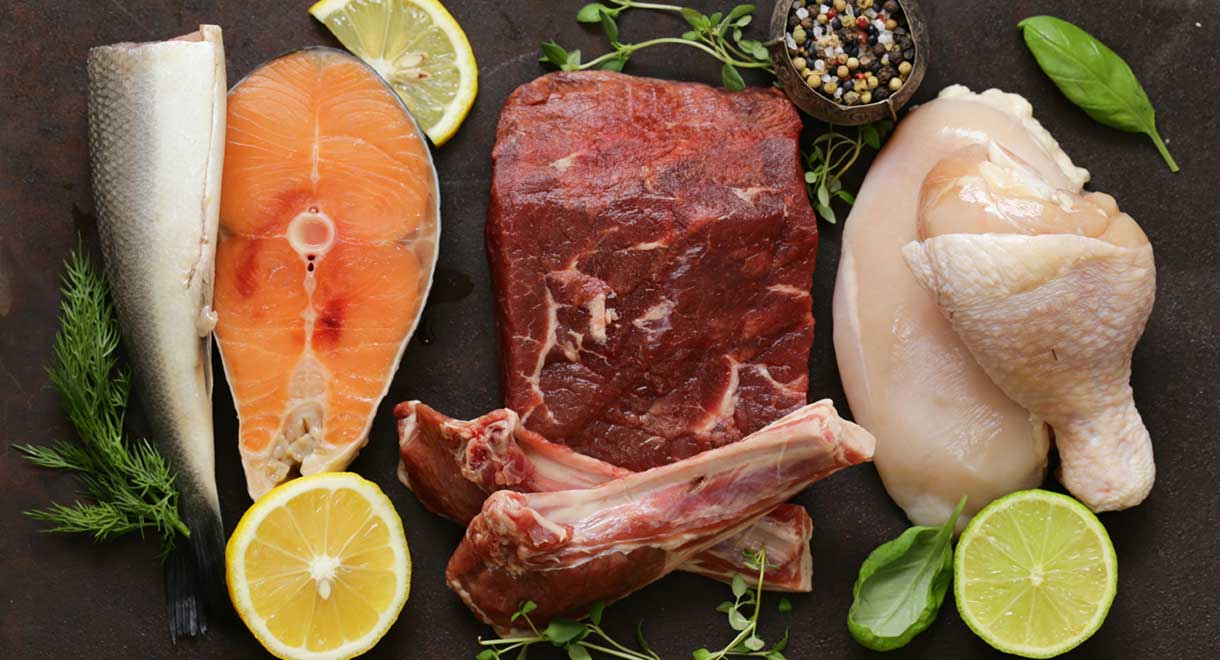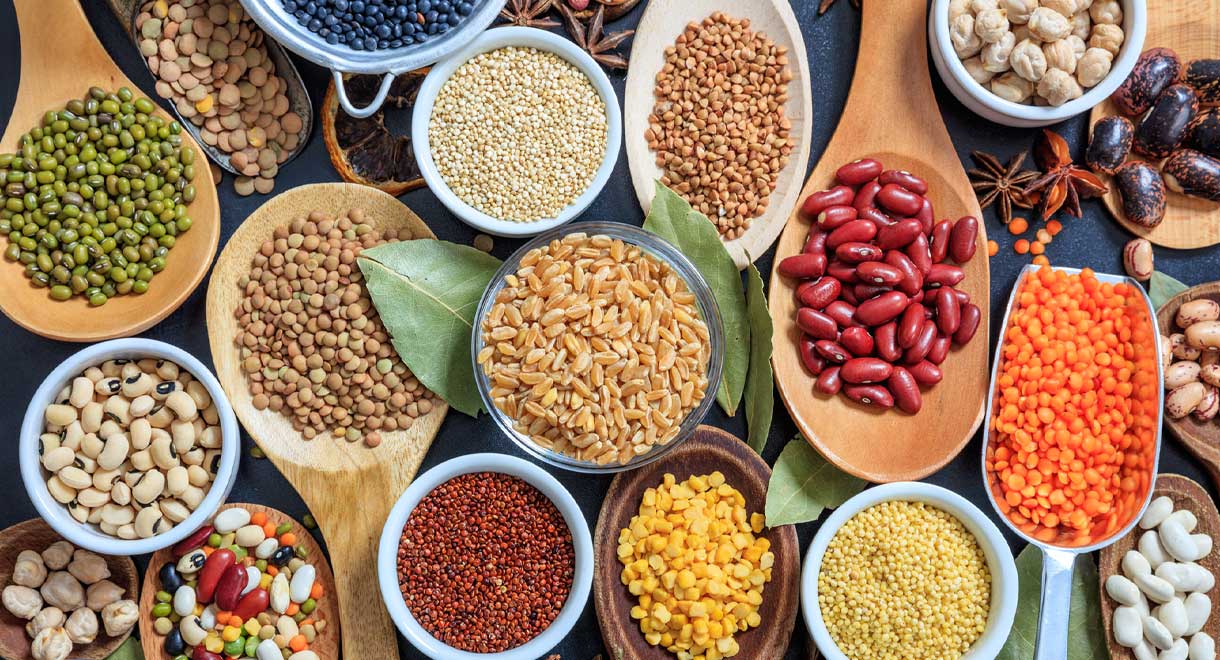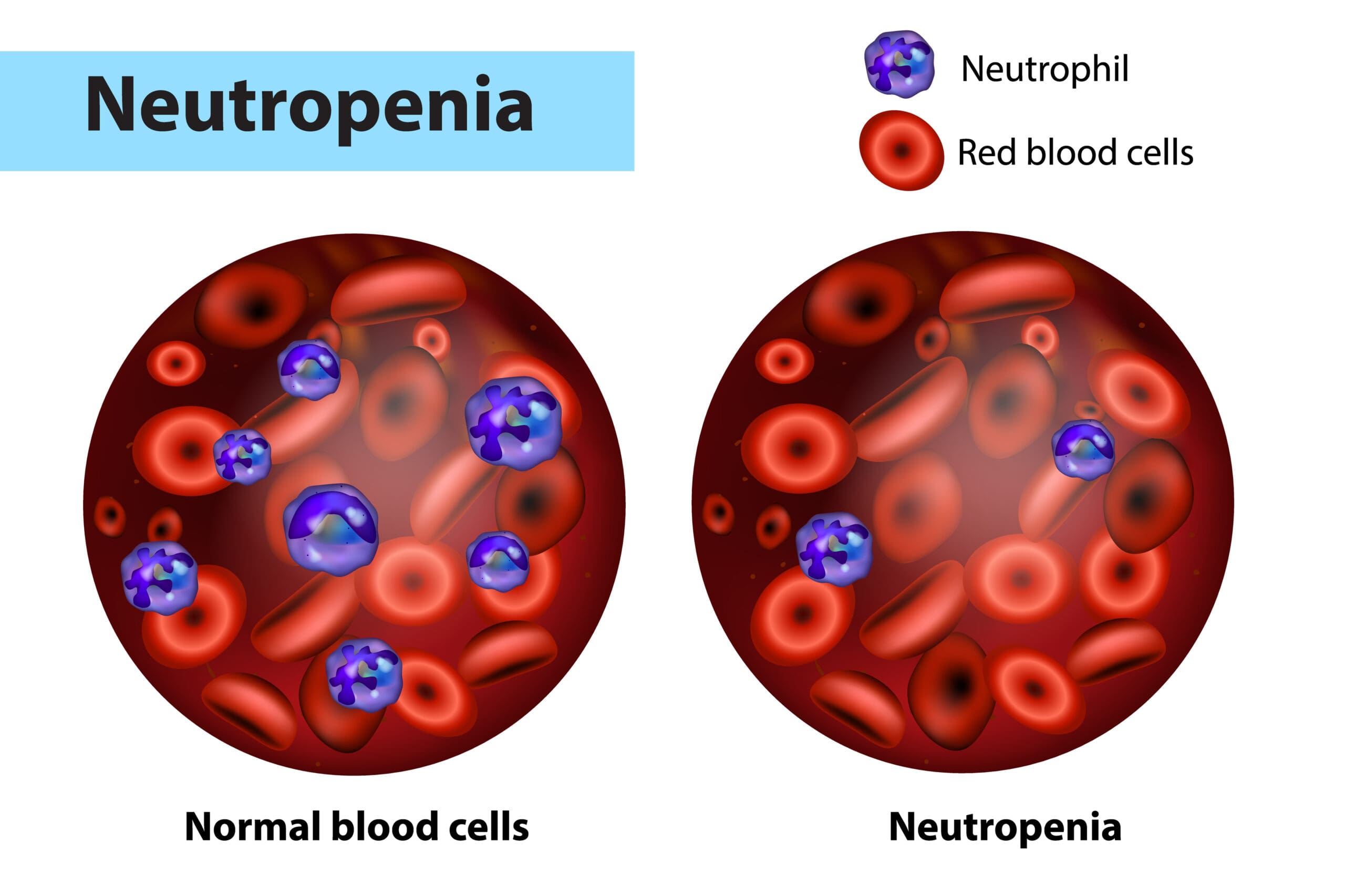Could lectins be harming your gut?
By naturopath Margaret Jasinska
Lectins are a type of protein found in almost all foods. They are especially abundant in grains and legumes. Research suggests in some people lectins can increase intestinal permeability, causing a leaky gut. In this way they can initiate or aggravate autoimmune disease.
Lectins are a way plants protect themselves from attack by pests or predators. They are a plant’s natural defence molecules. In nature, every living thing is just trying to survive. Because plants can’t run away from a predator, they increase their chances of survival by producing toxins. The toxins are usually most concentrated in the seed of the grain, which is the part that people eat. Lectins are present in most foods, but the types of lectins found in grains can be harmful to the intestines. Two particularly problematic lectins are prolamins (gluten is an example) and agglutinins (such as wheat germ agglutinin). Prolamins are very difficult for the human body to digest. Gluten is comprised of gliadins and glutenins. The human body actually cannot digest gluten. We don’t make the enzymes necessary for breaking it apart. This is a problem because it means gluten can cross the intestinal lining intact, or partially digested.
Lectins can either damage and kill the cells that line your intestines (called enterocytes) or cause spaces to open up between your intestinal cells. The resultant little holes in your intestines allow wastes and toxins to leak into your bloodstream; then you can develop a leaky gut. Recent research is showing that gluten seems to trigger the release of zonulin in people with autoimmune disease. Zonulin causes the gap junctions between intestinal cells to open up, creating a leaky gut. This was once thought to only apply to people with coeliac disease, but research is uncovering the phenomenon in more and more autoimmune and inflammatory conditions. Asthma and rheumatoid arthritis are examples.
Along with peanuts, which are legumes, lectins are also found in nightshade vegetables. These include tomatoes, eggplant, capsicum, potatoes, chilli and paprika. People with autoimmune joint disease may experience an aggravation in their pain from those vegetables. Doing a one month elimination diet is a good way to check if they adversely affect you.


What to eat when you’re trying to heal your gut
Cooking reduces the lectin content of foods significantly. Legumes need to be boiled in water for at least 5 minutes. In theory, cooking lectin-rich foods can reduce their potentially harmful effects. In the real world though, many of our patients with gut problems or autoimmune disease experience a significant improvement in their condition when they keep grains, legumes and nightshade vegetables out of their diet. Red meat, seafood, poultry, fruits and most vegetables are typically the most appropriate foods to be consuming because they contain fewer potentially gut-irritating substances. Some people need to restrict FODMAPs in their diet as well. That means the options can be very limited for a period of time, but most people can broaden their diet again later on once their health improves.
Tips for healing leaky gut
- Minimising or avoiding the causative agents is necessary. It’s also important to find out if you have a food intolerance, insufficient digestive secretions and microbial overgrowth in your gut.
- Apple cider vinegar, stomach acid, digestive enzymes and ox bile can all help improve digestion and reduce microbial overgrowth in the gut.
- You may need a herbal supplement. The essential oils of thyme, oregano and clove are all helpful for bloating and medically diagnosed irritable bowel syndrome and are found in BactoClear capsules.
- Glutamine is the number one remedy for strengthening the gut lining because the cells that line your intestines use glutamine as a fuel source. Glutamine is very beneficial when taken long term but it is also an excellent first aid remedy for diarrhoea, gastroenteritis, food poisoning or any condition that results in an upset tummy. Glutamine is found in the Ultimate Gut Cleanse powder, which is a component of Dr Cabot’s 15 Day Cleanse and Ultimate Gut Health, which is part of our Maintenance Programme. These programs are designed to help your gut, liver and immune system.
- Try to keep your intake of sugar and alcohol low.
There is much more information about leaky gut syndrome and autoimmune disease in our book Healing Autoimmune Disease: A plan to help your immune system and reduce inflammation.
References:
https://pubmed.ncbi.nlm.nih.gov/25599185/
https://pubmed.ncbi.nlm.nih.gov/16635908/









Glutamine causes diarrhea
Hi Valsa,
We haven’t had that experience with our patients at all.
Glutamine is an amino acid found in many foods ranging from seafood, red meat, dairy products, cabbage and beans.
Most glutamine supplements are made from fermented corn, you could have an intolerance to corn perhaps, or it could be unrelated.
Kind regards,
Louise
Thanks for that, Louise. Our Brazilian main diet consists of rice, black beans, some kind of meat and fresh salad, and I’ve got a feeling that as long as you keep the ratio right, no food should become a problem ever… =)